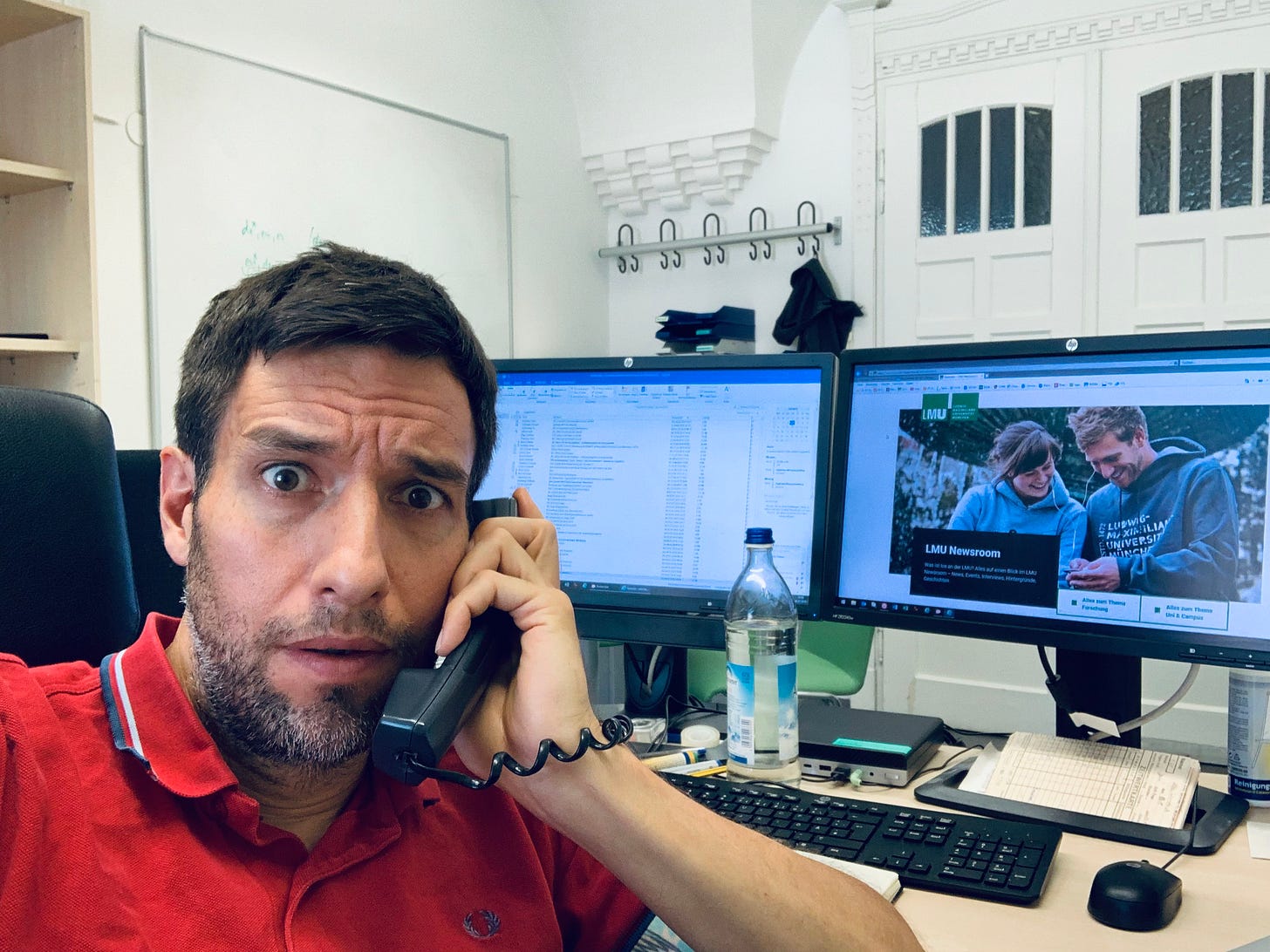“Did you really write a whole book about just one race?”
I saw this comment under an Instagram posting about my upcoming “Runhundred” book the other day and, in the best social media manner, I felt offended first. My mind immediately generated a flippant answer:
“Yes, what else?! Do you have any idea what I experienced in that race?!”
My public answer was a bit less dramatic, but pointed in the same direction. In fact, I could have written three books about my Western States 100 journey. But how could this person know?
After calming down, I reflected on this matter a bit more deeply and less impulsively. And I’m glad I did so.
Racing – intense but generic
Most of us participate in races very often. A good number of these races are really intense experiences, but most of these experiences are quite similar to each other, or to what other runners describe in their race reviews.
We push our bodies to the brink of literal collapse. We stress our mind for hours and hours like a jet pilot. We embrace pain to a degree that is comparable to a physical injury. We laugh, we cry, we curse. We suffer in the extreme to rejoice even more.
I am sure most of us runners can relate to such experiences. Intense, but somehow also generic.
I am not judging, though. After all, most of the humankind stumbles through life without any intense experiences at all. Racing has the potential to make us feel alive, even to give our lives meaning. Or at least parts of our lives.
“Life-Changing” is a big word
However, if we are lucky, we unexpectedly make this one racing experience which differs from all others, before and after. It exists beyond the bipolar world of good and bad. It is deeper. More profound. It goes right through us. It changes how we perceive ourselves and the world around us. It turns out to be a truly life-changing experience.
“Life-changing is a big word. I don’t use it often. In fact, I don’t think I’ve ever used it to describe anything I’ve experienced. But this race has surfaced things that I have never touched before. Both good and bad. It has reconnected me with the pain and the power inside me. In doing so, it has transformed my awareness of what I am able to endure and what I’m capable of accomplishing in life.” (From “Runhundred”)
These races are rare. They don’t happen often. To some of us they even never happen. Once again, I am not judging here. Such experiences cannot be planned, forced or constructed. They happen, when we least expect them and not when we want them to happen.
Western States was such a race experience for me. And that’s why I wrote a whole book about just one race.
Everything not running
In one of my previous Sprachnachrichten I mentioned that I also pursue a day job, like most of us. A true 9-to-5 desk duty, qualifying me as a valuable part of society.
Ok, ok, irony-mode off. It’s actually not that bad.
I work for the University of Munich (LMU). In fact, I’ve been doing so since the early 2000s. When I moved to Munich to study at the aforementioned university, I started jobbing as a usability engineer in the newly emerged web-team of the LMU. I had literally no idea what web-usability was all about, but my soon-to-be boss tossed a pile of books on the table and said:
“Read them. And then start working here”.
Among the books, which I still own today, were usability classics such as Steve Krug’s “Don’t Make Me Think!”, Don Norman’s “The Design of Everyday Things” and Jacob Nielsen’s “Designing Web Usability”. True eye-openers. After reading them, no website, no car, no building or kitchenware looked the same to me as before. I always spotted possibilities to improve the user experience.
Back to my job at the LMU. After working for the university as a freelancer first, I was then transferred to the status of auxiliary staff. Obviously, the LMU found it too expensive to employ dozens of students as freelancers.
After I got my university degree in American Cultural Science (work-wise, not particularly a door opener), I got offered a full-time job at the web-team of the LMU. Meanwhile, it had been integrated into the university administration as a “Referat” (department) and so I officially became an administration employee in the public sector.
About seven years ago, I took over a management position as the “Referatsleiter” (head of division) for this web-team. Our primary task is the provision of a central Content Management System (that’s basically a software to build websites with) and offer support for web editors and content providers.
Small talks at cocktail parties (which I do not attend), often turn out to be rather short, when I tell my counterpart what I do for a living, haha! But, to be honest, I like that. I have enough other exciting things going on in my life and, after all, I find it a bit cringy when people define themselves solely through their profession.
Most noteworthy is the fact that I work together with a team of very smart and lovely people. Some of them have been my colleagues since the early 2000s and share a similar career.
Short and to the point: I like my job.







Hallo Chris
es ist doch egal, was der Schreiber denkt, wenn er meint, warum ein Buch darüber über einen Lauf.
Ich habe dabei gerade daran gedacht, dass der Buddha den Rest seines Lebens damit verbrachte, anderen Menschen zu lehren, wie sie auch zu so einem intensiven Erlebnis kommen, das er in der Nacht seiner Erwachung hatte. Das füllt heute mehrere Bände des Palikanons! Und trotzdem gab es Menschen in seiner Zeit, die ihm nicht zuhörten, weil sie es nicht für notwendig befanden!
Ah funny. I work more or less in the same department at another university - the FH Münster, but I'm responsible for different things. The colleagues here <irony on>enjoy<irony off> the quirks of modern content management systems.